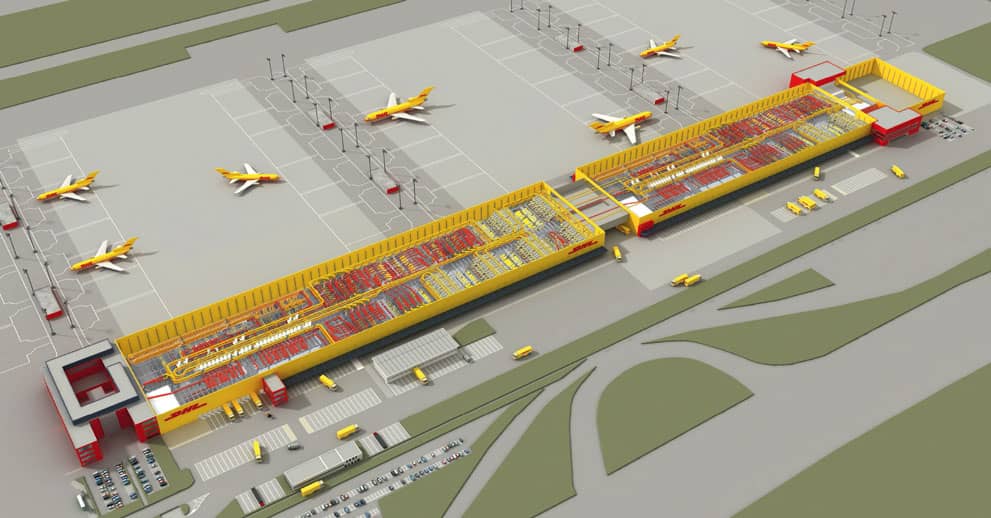The modern retail landscape moves at lightning speed. Whether in bustling Lagos marketplaces or sleek Kaduna shopping centers, the choreography of commerce plays out in minutes: customers browse, select, purchase, and depart. Behind this seamless customer experience lies a complex challenge that every retailer must master - inventory management.
The Digital Acceleration
In Nigeria's booming e-commerce sector, the pace intensifies further. Digital platforms like Jumia and Konga process hundreds of transactions simultaneously, with customers completing purchases in mere seconds. This velocity of sales, while excellent for business, creates unique demands on inventory control systems. For retailers, success isn't just about making sales - it's about maintaining precise oversight of every item that enters and exits their ecosystem.
Critical Challenges in Modern Retail
Today's retail environment presents sophisticated inventory management challenges that demand equally sophisticated solutions. Key pressure points include:
Real-time visibility gaps that blur stock accuracy
Workforce optimization in high-volume environments
Shrinkage management and loss prevention
Inventory capital optimization
Supply chain vulnerabilities
Market volatility response

Strategic Solutions for Inventory Excellence
Smart Auditing Protocols
Modern retail demands more than occasional stock checks. Implementation of systematic auditing procedures creates accountability and maintains inventory accuracy. Leading retailers are now adopting continuous audit cycles that combine traditional counting with advanced tracking technologies
Digital Transformation of Tracking
The future of inventory management is digital, automated, and predictive. Advanced tracking systems now offer real-time visibility into stock movements, enabling immediate response to potential issues. These systems don't just count stock - they provide actionable insights that drive better business decisions.
Predictive Analytics for Demand Planning
Modern inventory management transcends basic stock counting. Through sophisticated analytics platforms, retailers can now forecast demand patterns with remarkable accuracy. These systems analyze historical data, seasonal trends, and market indicators to optimize stock levels and reduce carrying costs.
- Dynamic Replenishment Systems
Progressive retailers are moving beyond reactive restocking to proactive inventory management. By implementing automated reorder points and dynamic threshold adjustments, businesses maintain optimal stock levels while minimizing storage costs. This approach ensures product availability while preventing capital tie-up in excess inventory.

The Logistics Partnership Advantage
At the heart of effective inventory management lies a crucial element: reliable logistics. Your logistics partner serves as the vital link between supply chain efficiency and business success. The right partner doesn't just move products - they provide visibility, reliability, and strategic support that transforms inventory management from a challenge into a competitive advantage.
Choose a logistics partner with proven expertise in retail distribution, advanced tracking capabilities, and a deep understanding of local market dynamics. The right partnership can streamline your inventory operations, reduce costs, and help your business maintain its competitive edge in Nigeria's dynamic retail landscape. Sign up with DHL today and enjoy the numerous benefits of working with an efficient logistics partner.




































